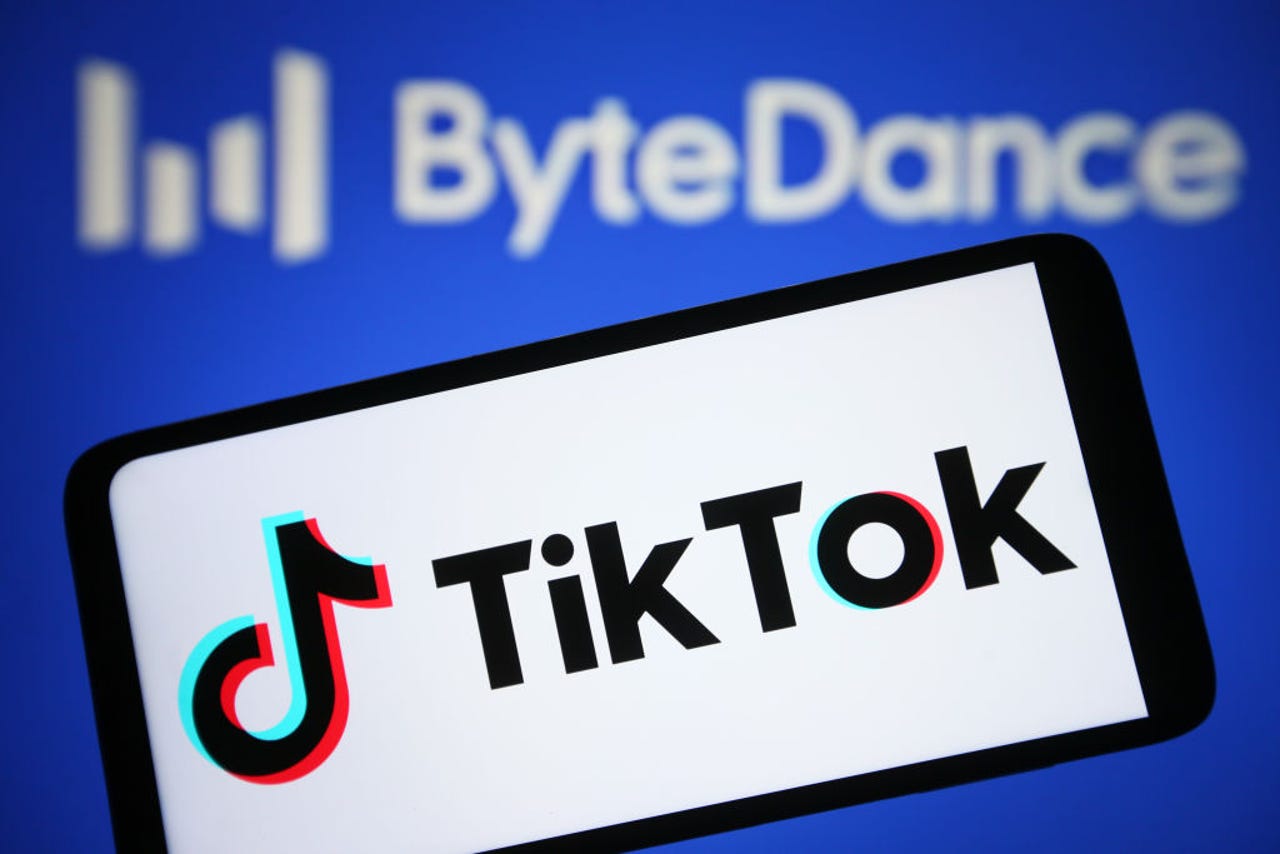Congress proposes 2 bills to ban TikTok. Here's what they mean


Congress is joining President Joe Biden's campaign to ban the Chinese-owned social media app TikTok. With 150 million American users, it's one of the most popular social media apps in the U.S.
The president initiated his efforts late last year with the December approval of a spending bill that made it illegal to download TikTok on a government-issued device.
Also: How to go live on TikTok (and how it can earn you real money)
Federal lawmakers believe TikTok has the potential to be a major national security concern because of the user data it collects which could be accessed by the Chinese government. U.S. politicians are also worried that TikTok's parent company, ByteDance, could manipulate the app's algorithm to amplify political propaganda.
In recent weeks, eight Western federal governments have banned the app from government-issued devices, showing that the concern over the app is not specific to American officials.
This month, the U.S. House Foreign Affairs Committee approved a bill that could allow President Biden to ban the app, free of the legal hurdles former President Donald Trump faced when he tried to ban TikTok in 2020.
If House leadership approves hearing the bill, it will be brought to the House floor for all representatives to vote on TikTok's fate in the U.S.
Also: The best lights for streaming on Twitch, YouTube, and TikTok
The Deterring America's Technological Adversaries Act, or the DATA Act, eliminates the legal issues the president would face should he decide to implement a total, nationwide ban on the app. In late 2020, when President Trump tried to ban the app, multiple federal judges shut down his request, saying he exploited his economic powers as president.
If the DATA Act becomes a law, it will allow the current president and future ones to impose sanctions on any foreign corporation, partnership, or estate that operates a "connected software application that … directly or indirectly operates on behalf of China."
For now, the only popular app in the U.S. at risk of this act is TikTok. But in the future, any technology that the government believes to be spying on U.S. citizens for the Chinese government is subject to a total ban.
Also: The best streaming mics for starting a podcast or YouTube channel
Similarly, 12 U.S. senators proposed the RESTRICT Act, which would allow the U.S. Commerce Department to severely restrict security risk-posing tech from all U.S. adversaries, namely China, Russia, North Korea, Iran, Venezuela, and Cuba.
The bill also mentions that any app created by any foreign country that interferes with elections in the U.S. or U.S.-aligned countries is subject to a ban in the U.S. The inclusion of U.S.-aligned countries is particularly important to U.S. officials at the moment.
U.S. officials have expressed concern about Chinese, Russian, and North Korean interference in Taiwanese, Ukrainian, and South Korean elections, in addition to targeting U.S. voters.
Following the success of the proposed legislation in both U.S. chambers, TikTok CEO Shou Zi Chew will testify in front of the U.S. Energy and Commerce Committee on March 23.